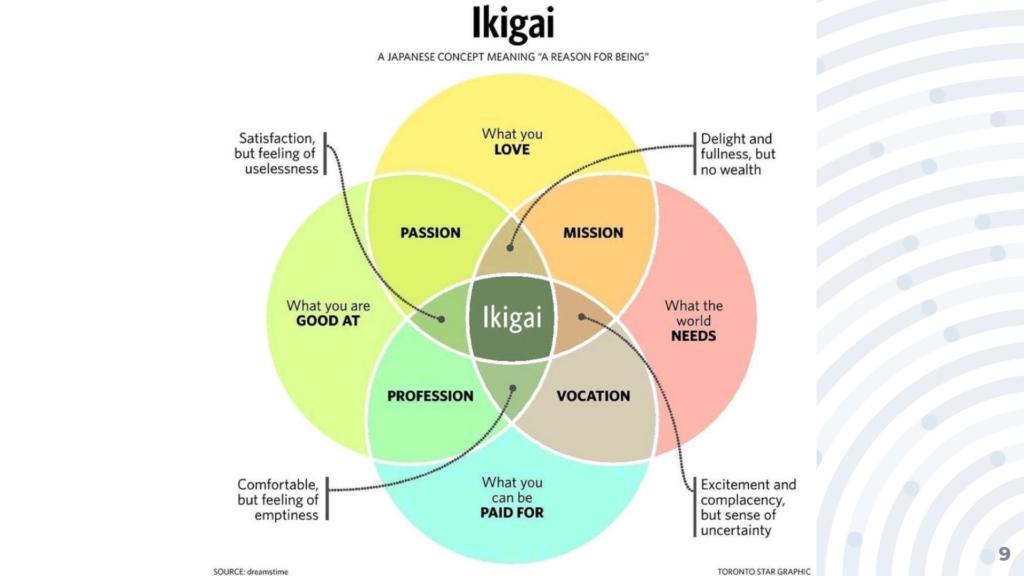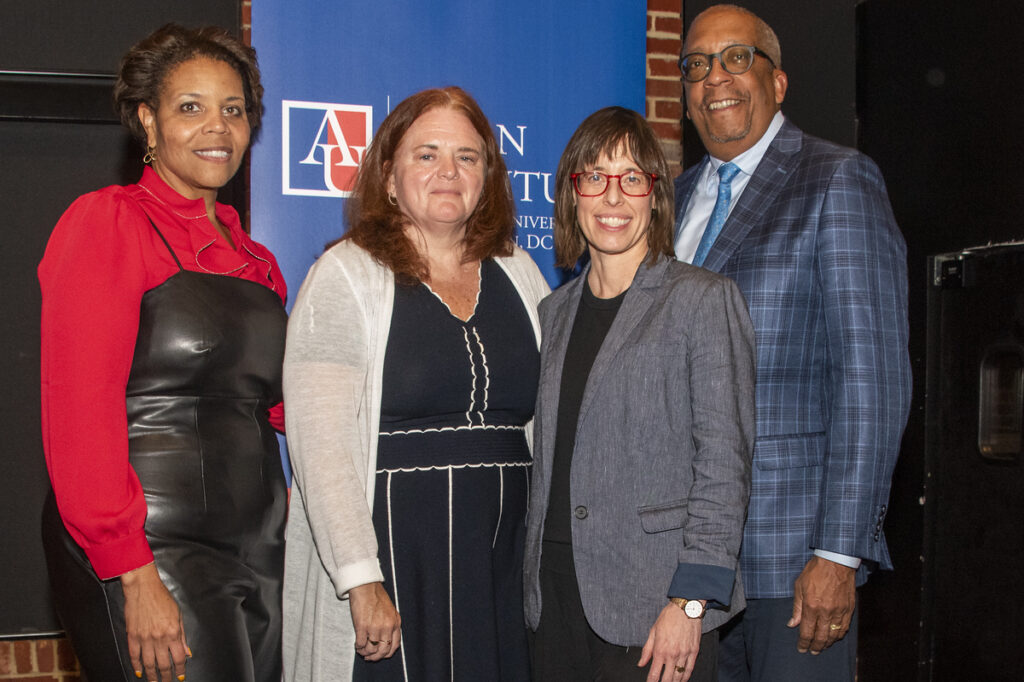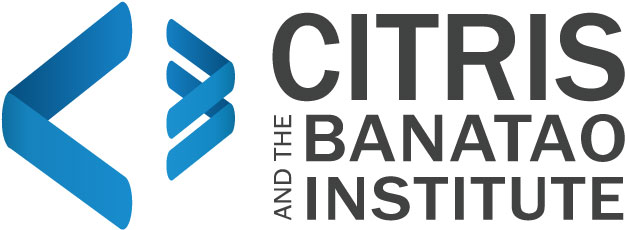On March 20, 2023, the Center for Long-Term Cybersecurity presented a talk by Anna Fita, Security Technical Program Manager at IPG. In her talk, Anna drew on her experience working for the FBI and other organizations, and shared tips and insights for leading a fruitful, meaningful career in the cybersecurity field.
The presentation was part of the CyberMētis Speaker Series, which invites graduate and undergraduate students, researchers, and faculty from the UC Berkeley campus to engage with experts and practitioners from various segments of the cybersecurity field.
Fita related how her life led her on a winding path toward her eventual career choice. Born in Kyiv, Ukraine, she “did not have a lot of toys to play with,” and so “spent a lot of time taking things apart and putting them together, and breaking things in the process.”
As a child, she said, she determined she would follow in her father’s footsteps and become an auto mechanic. But after going to school, she wanted to be an artist and dancer, and later decided to be a philosopher before applying to the FBI “on a complete whim.” She was hired as a language analyst, but soon developed her technical skills, and ended up in a job dedicated to supporting counter-intelligence, counter-terrorism, and criminal and cyber investigations and operations.
“As I progressed, I realized, this is exactly where I need to be,” she recounted. “It matches with who I am and where I’ve been, and it’s an asset to the organization that hired me.”
After completing her MICS degree at UC Berkeley, Fita transitioned to the application engineering side of the private sector. “I have a very different background from what one would expect for someone who ended up in cybersecurity,” she said.

Throughout her talk, Fita emphasized the importance of finding work that generates a sense of purpose and meaning. She introduced a Japanese concept called Ikigai that focuses on aligning one’s passions and skills with what the world needs and what you can get paid for. “All these need to merge together, and the point where they actually connect with each is that perfect flow state that combines who you are with your place in the world,” she explained.
She also noted that keeping a focus on one’s own passions and goals can reduce the chances of getting stuck in a position that is not a good fit, and that it’s important to “keep your goals and your identity above the temporary circumstances you may be in at that time.”
Fita stressed that cybersecurity is a field that goes far beyond technology, and should be seen as an opportunity for practitioners in other fields. “Cybersecurity is often symbolized by technology, but in my experience, it’s a human-centric field,” she said.
She noted that young professionals need to weigh the balance between compensation and work-life balance, and ensure that they pursue certificates not for their own sake, but to gain meaningful learning. She also emphasized the importance of relationships and supporting the people around you in a professional environment. “When you get to more senior roles, and you have people working under you, it’s important to focus on the task at hand, but don’t forget that the people you work with are also important to develop,” she said. “Regardless of where you are in the hierarchy, we all have that capacity to affect our peers and our mentees and our mentors.”




